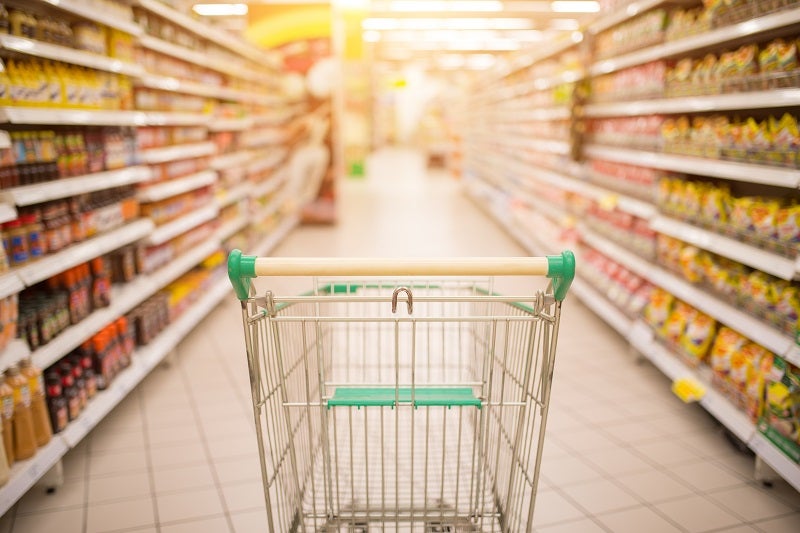With the rise of challenger banks like Monzo, a lack of customer enthusiasm, and retail shopping brands needing their own transformation programme, now is not a good time for supermarkets to be banking players.
In the late nineties, the market was very different. High interest rates, coupled with lower competition in banking and a booming supermarket industry, led Tesco, Sainsbury’s, and later M&S to branch out into financial services. Yet with the recent closure of M&S current accounts and branches, this strategy looks to have failed.
The plan was simple – to attract new customers with headline rates and convenient telephone banking, while monetizing the loyalties of existing customers.
However, things have not gone to plan. Instead, after nearly two decades of trying, Tesco has sold its mortgage book to Lloyds, Sainsbury’s is considering the same for Nationwide, and M&S Bank has decided to shut down branches and current accounts, though still provide other financial services. And while changing conditions in the market have affected this, the main reasons that things haven’t worked out are unfortunately much more permanent.
The main reasons
For a start, supermarkets simply failed to appreciate the loyalty of consumers, thinking that because customers bought their food, they would also want to bank with them. In fact, just as UK consumers are typically loyal to their supermarket, they are also typically loyal to their bank and apathetic to changing, as consistently low current account switching rates tell.
Furthermore, most customers, for whatever reason, simply aren’t interested in banking with supermarkets. GlobalData’s Banking and Payments Surveys have shown for several years now that, with the exception of currency exchange services, supermarkets are one of the least preferred sectors to get financial services from in the UK, typically at 2–3%. This is especially true for anyone Gen X or older, who were and are still supermarkets’ main customer base.

US Tariffs are shifting - will you react or anticipate?
Don’t let policy changes catch you off guard. Stay proactive with real-time data and expert analysis.
By GlobalDataAnd for supermarkets banking on swaying the hearts of younger, less loyal customers, the rise of challenger banks like Monzo and Starling, and also the increasing hundreds of other players, has totally upended that strategy.
Gen Z and millennial consumers are far more likely to prefer digital banks, tech companies, and mobile wallets for banking activities. They are interested in convenient, low-cost digital services and, compared to these newer digital players, will see supermarket propositions as old and outdated.
Additionally, with the enormous growth of online food shopping thanks to Covid-19, supermarkets have their own problems to contend with. Many players are seeking to beef up their still loss-making delivery services in the hope that capturing that market will create dividends later on.
And just like banks, supermarkets have their own sprawling network of large, physical stores that are increasingly unviable and will need to be trimmed back as digital shopping takes over.
However, this doesn’t mean that supermarkets shouldn’t consider any form of financial services. Instead, they should provide niche products like currency exchange and consumer credit via Buy Now, Pay Later (BNPL), as M&S and John Lewis have done.
BNPL in particular rewards supermarkets with higher consumer spending that debt gives, without the large costs and risks that running a full bank entails. And new Pay Now, Buy Later models like HyperJar would be a good partnership for supermarkets looking to attract more affluent consumers.










